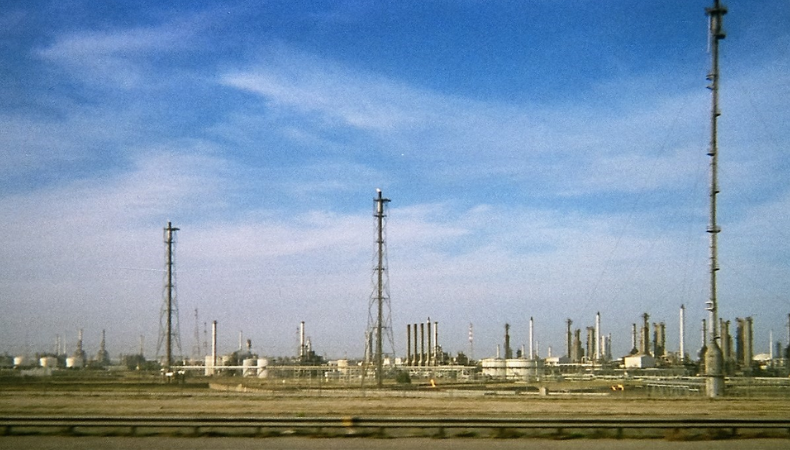Kuwait Oil is Back in Saudi Arabia: The First Time in Two Years

In a significant move in the landscape of world energy, Saudi Arabia has begun importing fuel oil from Kuwait following a two-year gap. This unexpected behavior highlights not only the shifting dynamics of the oil market but also the special challenges the largest Middle Eastern economy encounters. This modification catches more general trends and anticipated future developments in the local energy policy.
Summer of Increasing Demand
The restart of fuel oil imports from Kuwait is largely attributable to an unprecedented rise in electricity usage at the height of summer. Saudi Arabia’s high population rise and expanding industrial sector have been testing its infrastructure for generating power. This growing energy use has highlighted the limitations of the Kingdom’s ability to create its own fuels. The problem has become so crucial that additional fuel sources are now absolutely required to maintain stability and stop possible power outages. The great demand of this summer is unmistakable evidence of the mounting pressure on Saudi Arabia’s energy sector and its need to search for other sources from regional partners.
Point of View on GCC Interdependence
Turning to Kuwait for fuel oil highlights the intricate system of energy dependency within the Gulf Cooperation Council (GCC). Saudi Arabia is a global oil superpower, however the Kingdom finds it difficult to meet domestic demand at peak level. The comeback of Kuwaiti gasoline imports makes us consider the general power of the GCC and the prospect of regional cooperation to address energy issues. This partnership responds strategically to the demanding requirements of Gulf region energy management. It demonstrates how member states might support one another during times of need by means of their common resources, therefore ensuring stability and energy security all around.
Reversals for the Market of World Energy
Saudi Arabia’s growing participation in the Kuwaiti petroleum market affects global energy scenario in more general sense. Growing acceptance of scrubber systems—which depend on high sulfur fuel oil—by the marine industry has already escalated the price for this type of fuel. Reentry of Saudi Arabia into the market as a key buyer could affect HSFO pricing, therefore worsening current patterns and increasing price volatility. This development reminds us of the interrelated character of international energy markets and the ability of localized actions to have general effects. Saudi Arabia’s significant participation in the HSFO market could influence supply chains, pricing dynamics, and strategic decisions taken by other energy companies worldwide.
New normal or a temporary fix?
Whether Saudi Arabia’s new gasoline imports from Kuwait mark a more permanent shift in energy strategy or a transient reaction to meet the current demand spike is still to be seen. Many factors will influence the course this arrangement follows ahead. These components include the Kingdom’s progress in raising the capacity for power generation, the shifting scene of world energy markets, and ongoing projects aiming at energy transition and sustainability. As Saudi Arabia keeps addressing its energy needs, its strategy may evolve depending on demand, technical breakthroughs, and changes in regional and international energy policies.
Keep On Reading
The larger context
Within the scope of petroleum imports, the interaction between Saudi Arabia and Kuwait is an interesting case study of the complexities and opportunities facing oil-rich nations inside a quickly changing energy scenario. This shift not only underlines regional dynamics but also links with broader universal concerns in the global energy debate including environmental sustainability, market stability, and energy security. The evolving link between two Gulf states highlights the need of flexible strategies in controlling energy resources and responding to evolving needs as the world battles the challenges of energy transformation and climate change.
In this more general sense, Saudi Arabia’s rising gasoline imports from Kuwait reflect both Gulf area energy management problems and potential fixes. Together, these two nations offer perceptive study of how regional cooperation might satisfy energy needs while negotiating the complexity of world market dynamics. Legislators, industry experts, and others will closely monitor the actions of both countries as they develop, thereby providing important lessons for the Middle East and beyond future of energy.






